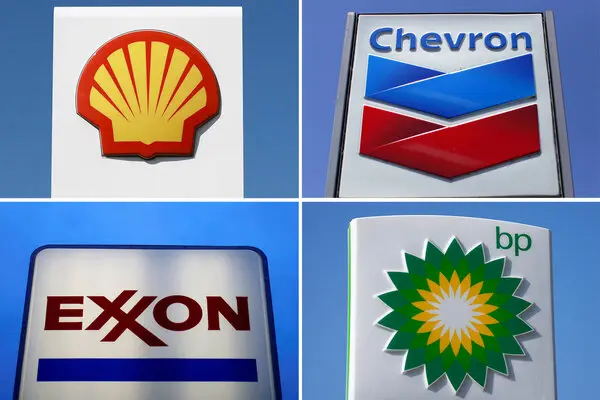Big-name brands often make headlines with ambitious sustainability pledges. However, their actions frequently fall short of their lofty promises. From tech giants to fashion labels and car manufacturers, businesses worldwide are eager to showcase their commitment to addressing the climate crisis. While over 900 of the world’s largest companies have set climate goals, many of these commitments remain largely symbolic.

Many companies have publicly announced climate pledges, often accompanied by fanfare. For example, the Climate Pledge, founded by Amazon and Global Optimism, aims to achieve net-zero carbon emissions by 2040. Hundreds of companies, including Mercedes Benz, Unilever, and Microsoft, have signed this pledge.
Even the fossil fuel industry has joined the trend. ExxonMobil announced its goal to reach net-zero greenhouse gas emissions from its operations by 2050. Critics argue that this plan lacks concrete measures and that ExxonMobil’s continued investment in fossil fuel projects undermines its commitment.

Similarly, BP has pledged to become a net-zero company by 2050. Despite its rebranding efforts and ambitious targets, BP has continued to invest in oil and gas projects, with critics questioning the sufficiency of its renewable energy investments.
While these climate-friendly promises may seem encouraging, their effectiveness depends entirely on the actions of their signatories. A significant issue with many of these pledges is their lack of accountability. There are few consequences for companies that fail to meet their climate goals. As a result, these commitments can be seen as public relations stunts rather than genuine efforts to address the climate crisis.
Reference- Earth Day Newsletter, National Geographic, Forbes, Climate Pledge website






